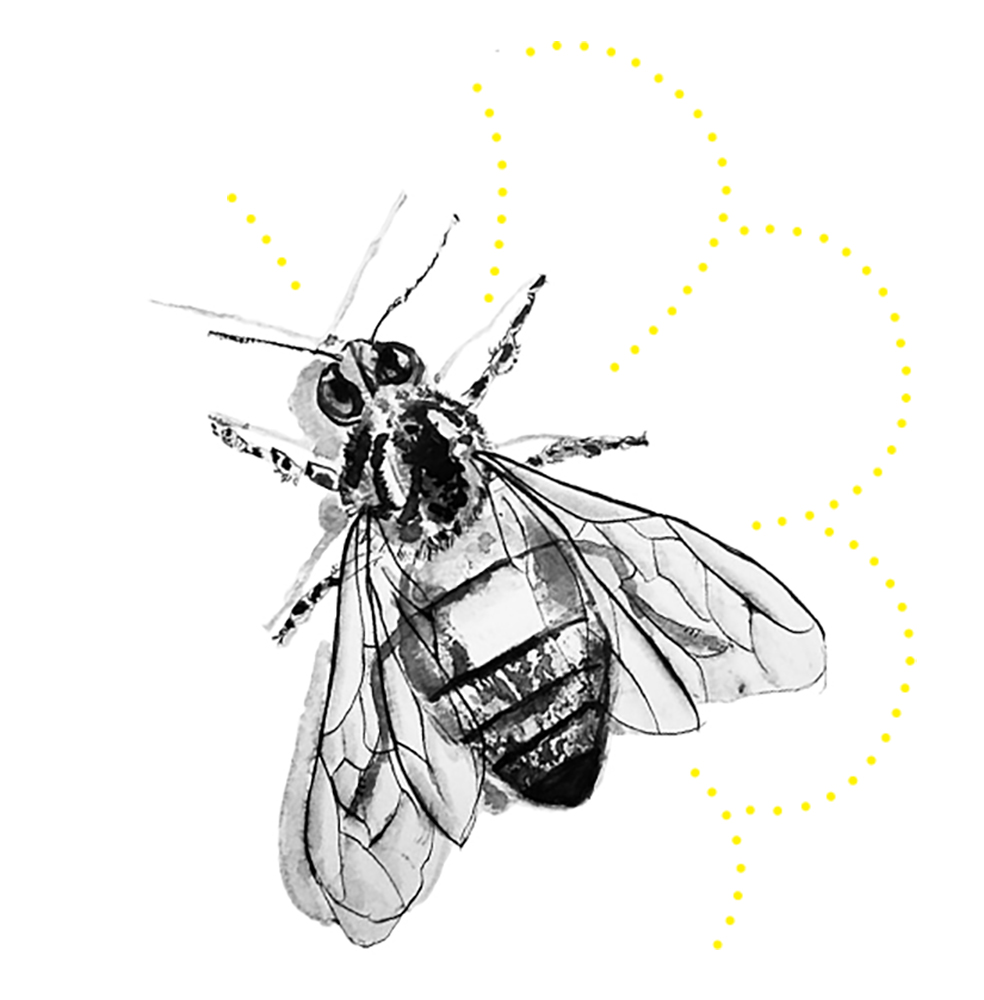Illustration by Hlie Moua
Recently, great strides have been made in the research and development of xenotransplantation from pigs to humans. The transplantation of tissues and organs from pigs to humans is being considered as an alternative for human heart and lung transplants, as well as a way to cure some types of diabetes through islet cell transplants.
The FDA has approved the first intentional genomic alteration or IGA, a biotechnological technique to make pigs safer to eat and potentially eliminate the risk of xenotransplants from pigs to humans.
The IGA has been implemented in a specific line of domesticated GalSafe pigs to eliminate the alpha-gal sugar that is present in the pigs’ cells. The alpha-gal sugar is the suspected cause of tissue and organ rejection in xenotransplants from pigs. The removal of the alpha-gal sugar may also produce pork that is safe to eat for people with Alpha-gal syndrome, which causes allergic reactions to the alpha-gal sugar in various meats. However, the company Revivicor developed the GalSafe pigs with the intention of developing donor pigs with human compatible cells.
The elimination of the alpha-gal sugar in pigs does not increase safety concerns for the animals, however the pigs are kept separate from other pigs who have the alpha-gal sugar to prevent the spread of disease that the GalSafe pigs are not protected from. Xenotransplantation for the Galsafe pigs is still unapproved by the FDA and researchers agree that more research is needed before attempting tissue and organ donation to humans.
In November, 2020 xenotransplantation research from pigs to non-human primates was approved. Three researchers from the University of Alabama created the line of TKO pigs by eliminating the three known carbohydrate xenoantigens—antigens found across species that could trigger an immune response. Without these antigens, the results look promising for xenotransplantation from such donor pigs.
According to the Health Resources and Service Administration 109,000 people are currently waiting for transplants in the U.S. and only 39,718 transplants were performed in 2019. 17 People die each day waiting for an organ transplant and every 9 minutes another person is added to the transplant list.
Revivicor hopes to create a new method for islet cell donation from pigs. The researchers have successfully implemented islets from pigs into mice. Islet donation allows people with insulin dependent diabetes to no longer require insulin supplementation and could cure the disease. Islet donation is currently in practice through traditional organ donation, but according to Revivicor, fewer than 100 islet transplants are performed every year.





